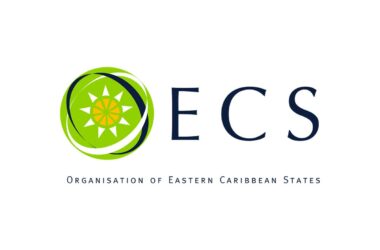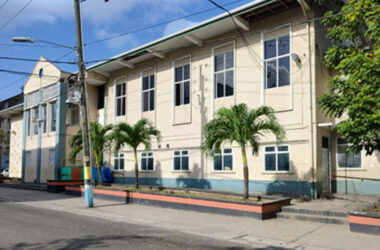Today is International Literacy Day, but you’d hardly know that.
With our daily emphases on the Now, we tend to forget the Yesterdays and Tomorrows of things. But, as ever, by so doing we largely end-up skipping, even forgetting our problems and dancing — until it stares at us right in the face, yet again.
Once upon a recent time, Adult Literacy was an issue in Saint Lucia. Not that it is no more, but the interest shown in our literacy levels and its implications for our development as a nation by the likes of the Folk Research Centre (FRC) in the past has so weaned as to almost disappear.
At one time it was estimated that there was as much as 40% illiteracy in Saint Lucia, the blame being squarely heaped on Kweyol being the Language of the Majority. It was argued by some that Kweyol was ‘keeping English back’, while defenders of Kweyol proceeded to indicate that far from being a derogatory ‘French-based, broken-English dialect’, it is indeed a language spoken by millions in dozens of countries worldwide and taught at universities next door in the French Caribbean islands.
Back then, there was a creole literacy movement teaching Kweyol everywhere – in communities, at the prison and in selected classrooms. Sadly, not so today.
But it’s not only Kweyol literacy that’s all but disappeared. We don’t even talk about English literacy levels anymore. Or Adult literacy.Period.
What’s the balance between English and Kweyol literacy here today? Do more people now speak English than Kweyol? Or vice versa? Who is to say? Where is the research?
But even the statistics are immaterial to the question of what we do with our literacy. Is the objective just to teach people to read and write? Then what?
Reading is fast becoming a disappearing art here — and elsewhere. Bookshops have disappeared, replaced by shops selling school books. Books and Games are quickly being replaced by Podcasts and other electronic gaming gadgetry. At least, most young people today simply don’t like to read.
Being just literate enough to be able to sign one’s name or read the sign on a bathroom door is just not enough. Likewise, even some who can read don’t fully understand what is read. Ditto that not everyone who can write can do so well enough.
So what does all this mean for Saint Lucia’s future? Where does our literacy level fit in the Age of Artificial Intelligence? Should there be a correlation between national goals and literacy levels?
Last year’s theme for International Literacy Day was ‘Literacy in a Digital World’ and this year it’s ‘Literacy and Skills Development’. Were they reflected here? Is anything related happening today? Where?
Like Poverty and Unemployment, it can be argued that Illiteracy will never be eradicated. But it’s also been proven that national campaigns to eradicate illiteracy are possible, just as it is to pursue and achieve national poverty reduction programs with set goals and related targets.
If we search and find that we still have a literacy problem in Saint Lucia, we should do the right thing to right that wrong. But even if we feel or find we don’t have much of a literacy problem, does that mean we shouldn’t care if it exists in less places and cases than before?
It’s just a question of whether we’re reading the writing right.














